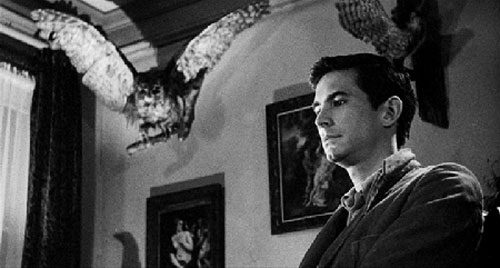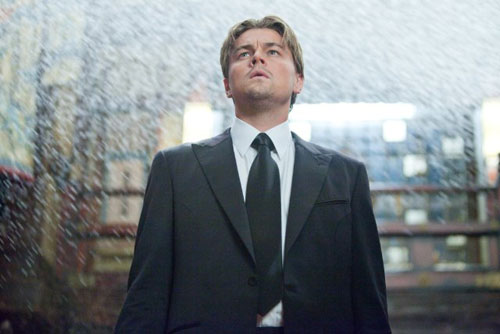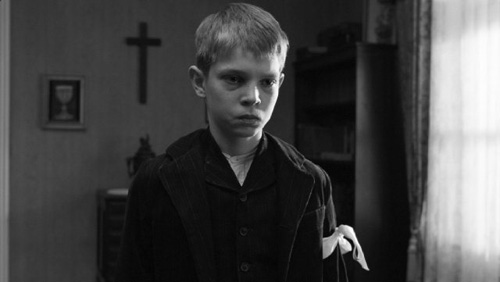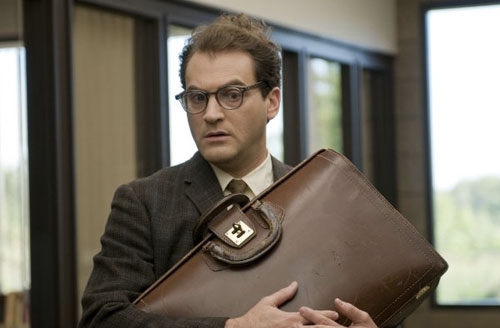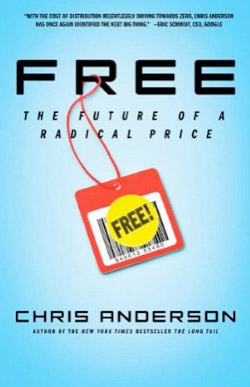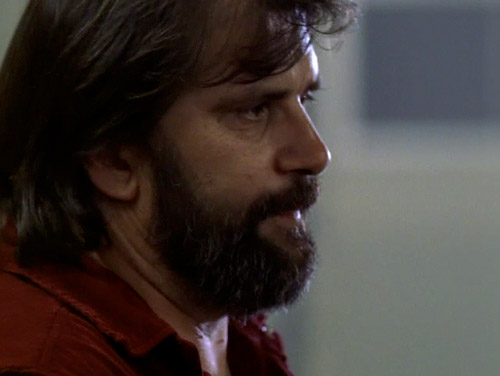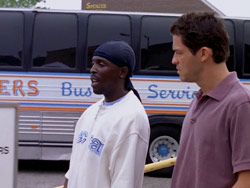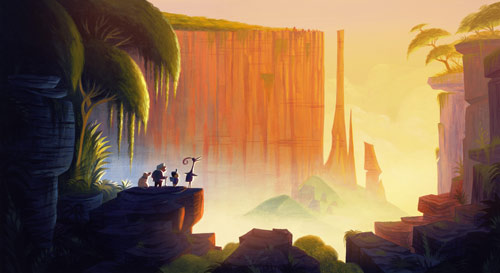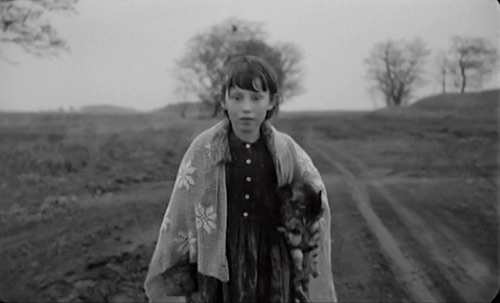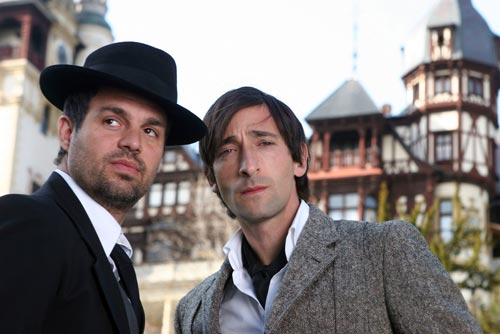Malcolm Gladwell's critique of Free that appears in the latest New Yorker is a sharply and persuasively argued counterpoint to Wired editor Chris Anderson, whose new book (which I haven't read) expands on the adage that says "information wants to be free." If it does, Anderson seems to ask, what does that mean for our economy? Well, it likely means that anyone who has been making money on the scarcity of information needs to find another source. Newspapers, for example.
Gladwell's comments about the cost of running YouTube are witty, although they may not apply to journalists who work on a much smaller scale. But his overall argument concludes with this somewhat saggier bit of logic about the drug industry:
The expensive part of making drugs has never been what happens in the laboratory. It’s what happens after the laboratory, like the clinical testing, which can take years and cost hundreds of millions of dollars. In the pharmaceutical world, what’s more, companies have chosen to use the potential of new technology to do something very different from their counterparts in Silicon Valley. They’ve been trying to find a way to serve smaller and smaller markets — to create medicines tailored to very specific subpopulations and strains of diseases — and smaller markets often mean higher prices. The biotechnology company Genzyme spent five hundred million dollars developing the drug Myozyme, which is intended for a condition, Pompe disease, that afflicts fewer than ten thousand people worldwide. That’s the quintessential modern drug: a high-tech, targeted remedy that took a very long and costly path to market. Myozyme is priced at three hundred thousand dollars a year. Genzyme isn’t a mining company: its real assets are intellectual property—information, not stuff. But, in this case, information does not want to be free. It wants to be really, really expensive.
The adage "information wants to be free" doesn't imply that the owners of the information want it to be free. The history of the information age is littered with companies who fought tooth and nail against such an idea, and that history is still being written, with new examples every day. I'll smile at his poke at the metaphor's anthropomorphism ("But information can’t actually want anything, can it? Amazon wants the information in the Dallas paper to be free, because that way Amazon makes more money.") But it's just a descriptive phrase, like saying the molecules of a gas want to be far apart, which doesn't mean we should give them them vote.
His coup de grâce about the drug companies who make expensive products for a niche market contains a joke that misreads the word "free." Information wants to be free from constraint, which probably, eventually means free of cost, too, but that's a side effect. Gladwell ignores the fact that the drug companies can make expensive drugs only because they've been able to control the information for a brief window.
Amazon wants their raw material for the Kindle (information) to be free (to them), and drug companies want their products (information, essentially) to be expensive (to their customers). There's nothing confusing about that, but what the adage implies is that when the raw material is information, keeping this status quo will be difficult. Selling information for a price will eventually be hard. If information wanted to be expensive, there'd be no need for the patent battles that drug companies are waging to keep it bottled up and no waiting period for a generic drug. Unconstrained, those molecules eventually leak out, and how long can artificial constraints remain effective?
I'm not sure what I think of Anderson's thesis, but Gladwell's example, taken a bit further, makes the case that he's trying to debunk.
